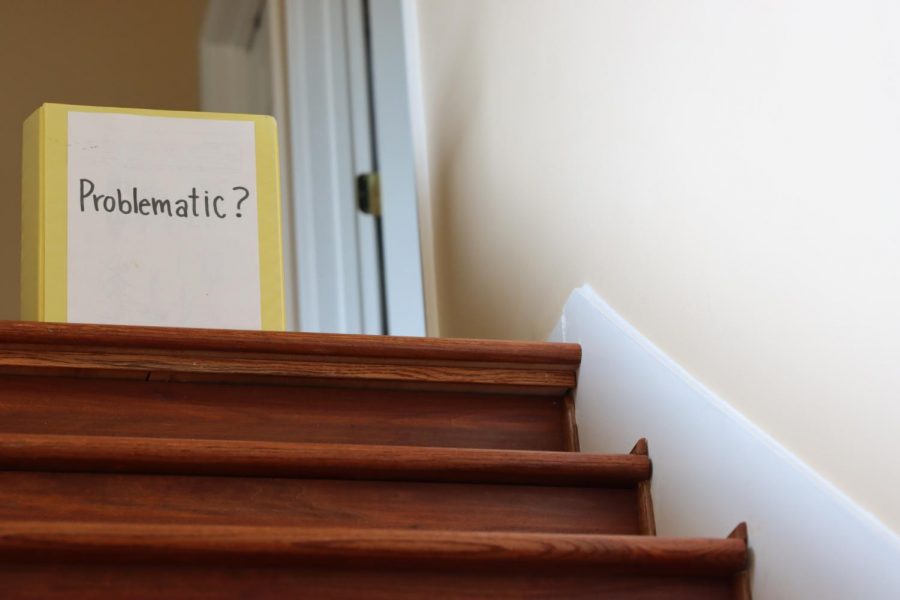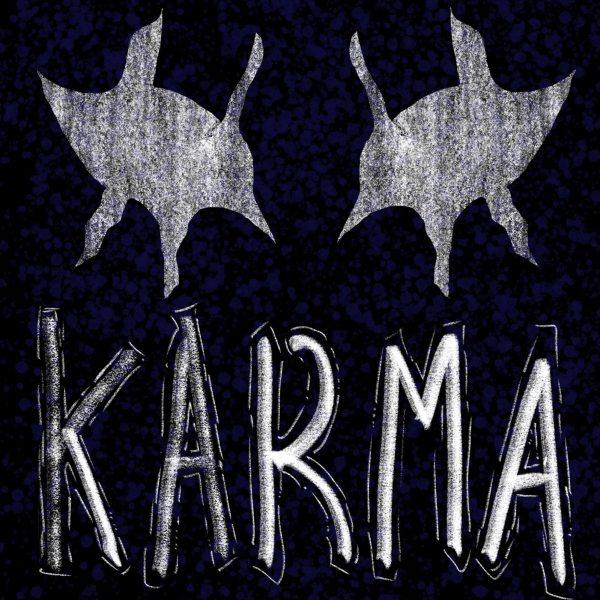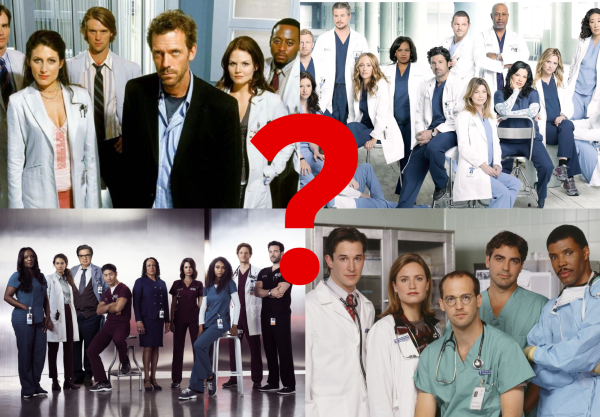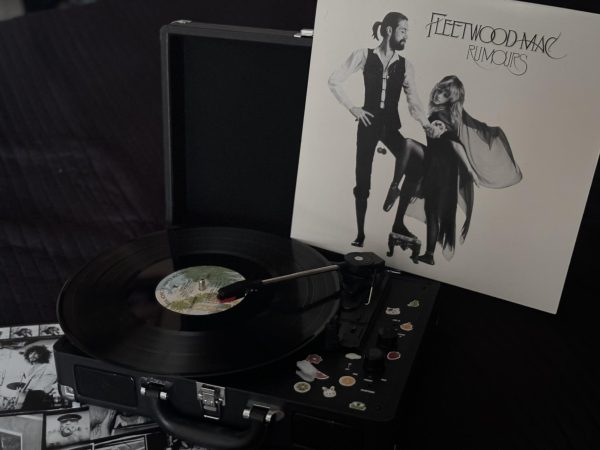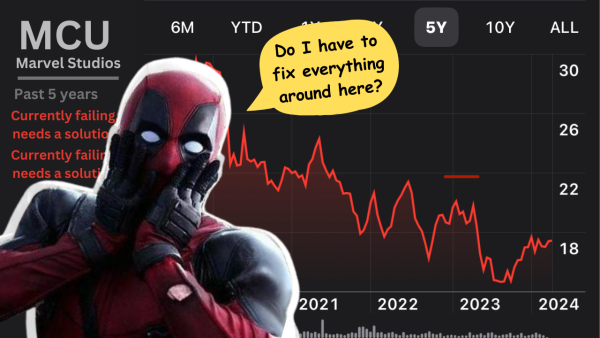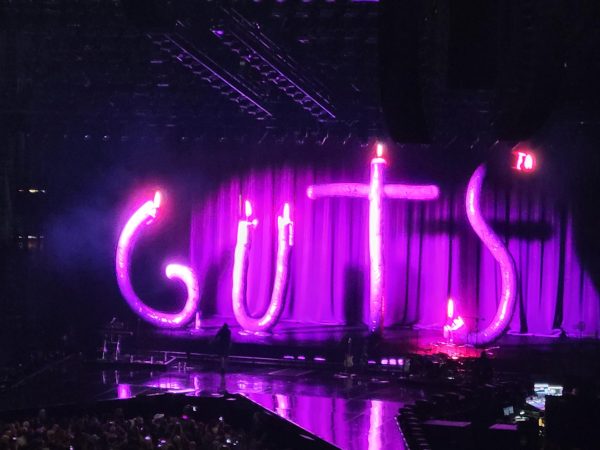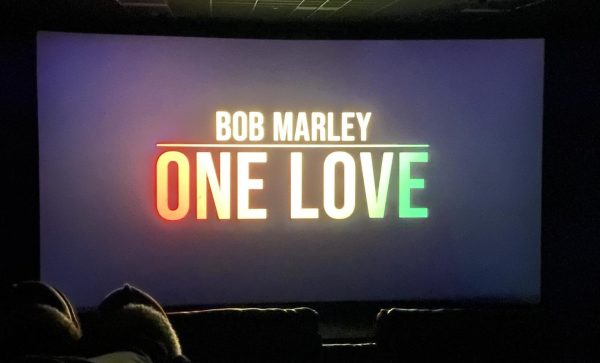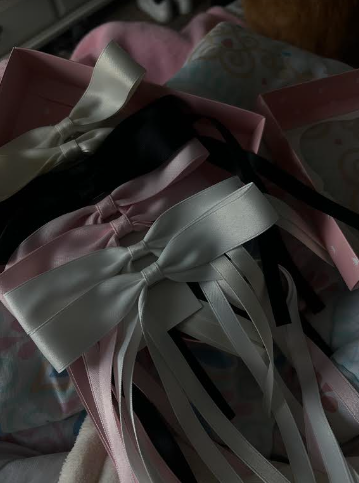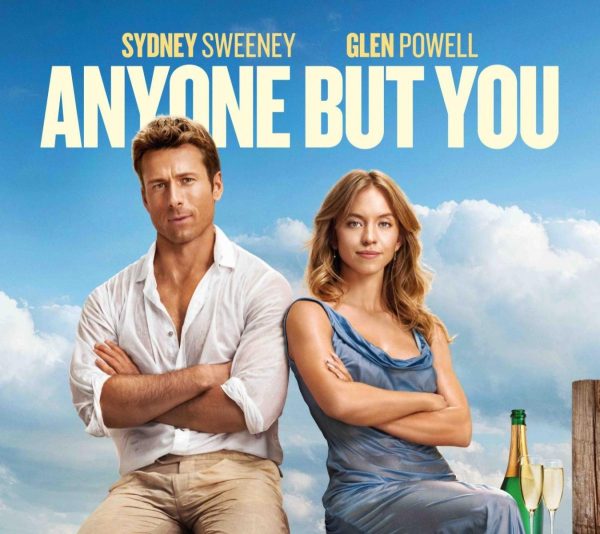The Problem With Being Problematic
How to Enjoy a Movie, yet Recognize it’s Flaws
You can watch and enjoy a problematic movie, as long as you acknowledge the fact that it is problematic, and you don’t glorify or repeat the behavior.
Growing up, I was absolutely obsessed with John Hughes’s films. I was so in awe that a grown man could perfectly capture the feeling of being a teenager, and simultaneously own the “coming of age” genre. This expanded into a love for 80’s movies, and then a love for nostalgic movies in general. Most nights, I would end up on the couch with my mom, watching a cheesy yet classic rom-com, and thinking I was “born in the wrong decade.”
As I got older, my taste in movies changed, still loving movies about the high school experience yet longing for something more modern. I turned to Scott Pilgrim, The Spectacular Now, Call Me By Your Name- you know, the basic movies any pretentious white girl would want to watch. And I loved these movies, I genuinely adored them, because they are good movies. But something felt off.
In Scott Pilgrim vs. The World, for instance. Why is it okay that Scott, a 22-year-old man, is dating a 17-year-old girl that’s still in high school? Call Me By Your Name has a similar problem, with the main love interests of the movie being 17 and 24. I was disgusted by the idea that modern movies were so problematic, and decided to rewatch my classic favorites, considering them more “wholesome.”
Only then did I realize that they weren’t any better, in fact, they were a whole lot worse. Racist caricatures were front and center in movies like Sixteen Candles; The Breakfast Club featured sexual assault and casually brushed over it, letting the victim happily end up with her assaulter in the end. Or in Pulp Fiction, when Tarantino casted himself to play a white man that casually drops the n-word multiple times.
I felt so uncomfortable, and I felt that I couldn’t watch the movies that I used to enjoy while still being a good person- the same way I don’t listen to R Kelly or Michael Jackson, because you can’t support the art without supporting the artist. So I called some friends, and I talked it over, and here’s what I realized:
You can watch and enjoy a problematic movie, as long as you acknowledge the fact that it is problematic, and you don’t glorify or repeat the behavior. When watching Scott Pilgrim, you shouldn’t walk away thinking Scott is a role model, you should sit there thinking, “Wow, that guy was a really crappy person.” You acknowledge his predatory behavior, his lack of respect towards every female character (except the one he’s trying to get with), and his whiny, victim complex. Or, when watching The Breakfast Club, you view Bender as what he is (someone who sexually assaulted Claire), and don’t sympathize with him just because he had a crappy past. A rough past never gives you an excuse to harm others, a sob story isn’t a free ticket to treat everyone around you like garbage.
I still watch the movies I enjoy, and I still love them. I love the soundtrack to Scott Pilgrim and the video game graphics, I love Brian’s vulnerability and the accurate portrayal of teenage life in The Breakfast Club.
I just see them a little differently. They are stories that feature real-life ideas, problematic or not.


